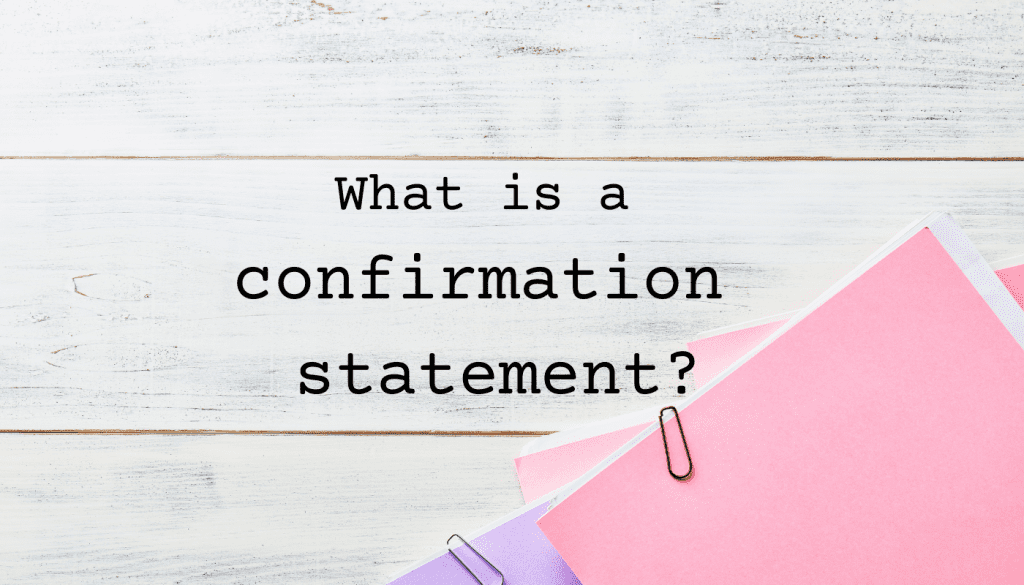
Depending on which service you are on, you will find that you receive requests from members of our team asking…

Depending on which service you are on, you will find that you receive requests from members of our team asking…

No matter how big or successful your company is, maintaining business throughout a recession is hard. With fluctuating demands, losses…

When you as a business owner think of an accountant, you think of taxes, financial reporting, or loan applications. While…

Many people find it hard to return to work after the long Christmas and New Year slowdown, but the pandemic…

What exactly is a registered office? A registered office is the address which your Limited Company is registered to. This…

Have you heard your accountant talking about your confirmation statement and been puzzled by what it is? Are you wondering…

Going Green = More Green Going green can help your business in more ways than one. Making changes can seem…

Recycle your WEEE Technology is a rapidly advancing sector, with new developments and devices being made all the time. This…

Giving Back to the Community As a business giving back to the community is important. The size of business or…

Capital Gains rules are changing! If you are a property investor or “accidental” landlord this is the blog for you….